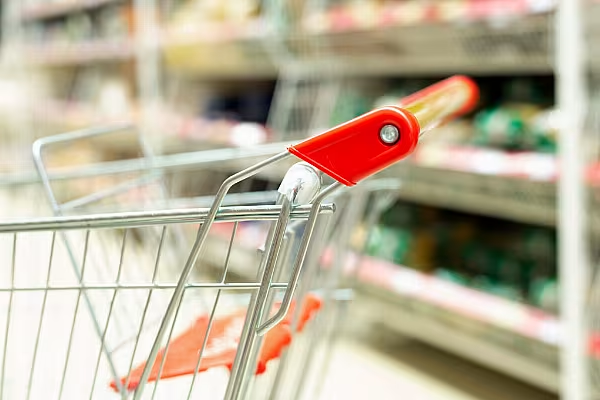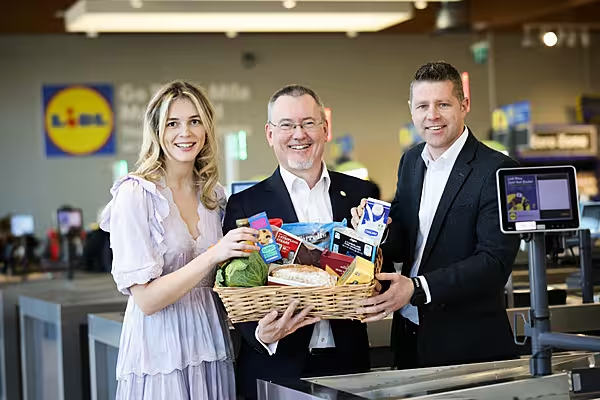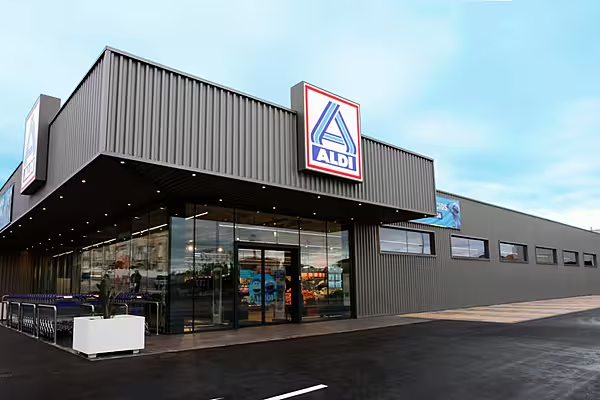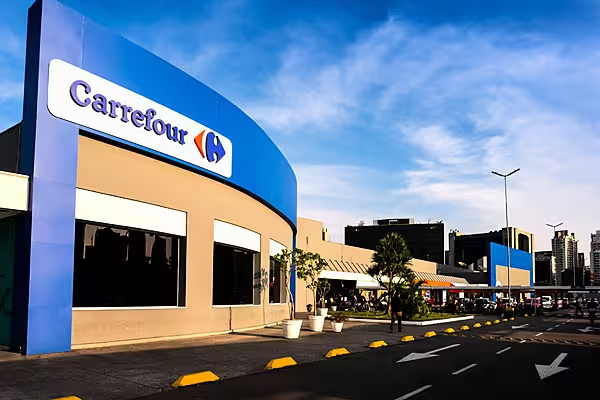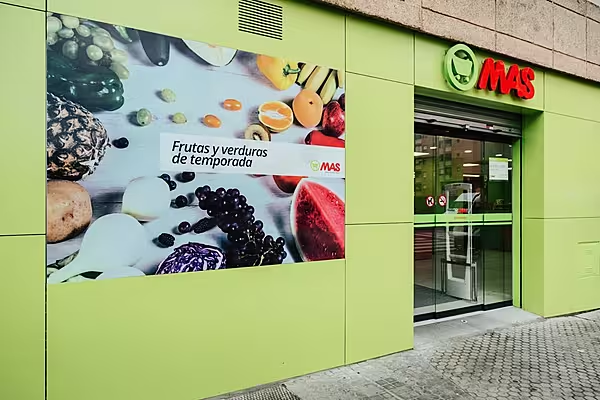Real estate investment in the European grocery market fell by 19% last year, to €6 billion, new data from Savills has found.
This is 28% lower than the five-year average for the sector, the property firm added.
However, despite the decline, the grocery market proved to be more resilient than the wider commercial real estate market, which saw investment drop by 42% year-on-year, and 44% on the previous five-year average.
Savills noted that in the first two quarters of this year, European grocery investment reached €2.7 billion, 20% lower than the same period last year and 31% down on the previous five-year average.
'Signs Of Recovery'
It added, however, that there are 'signs of recovery', with a 9% year-on-year increase recorded in the second quarter of the year.
"Margin pressures over the past few years have created clear winners and losers, with some retailers able to shield themselves from rising costs better than others," noted Georgia Ferris, European research analyst, commercial research, Savills.
Investment Volumes
Germany and the UK were the only markets in which the grocery sector saw an increase in investment volumes last year, following the acquisition of the X-bricks properties by Slate Asset Management (188 properties; €1 billion) and the Royal Blue portfolio (76 properties; €240 million) in Germany, and the sale of the Sainsbury’s Reversion Portfolio (26 properties; €960 million) in the UK.
In the first two quarters of this year, however Spain, Italy, France, Norway and Portugal all reported increases in grocery investment volumes.
'Investor interest in the grocery market remains robust, driven by strong fundamentals that have been further emphasised by the pandemic and the cost-of-living crisis in Europe,' Savills said. 'The essential nature of groceries has underscored the sector’s defensive and resilient qualities over recent years.'
